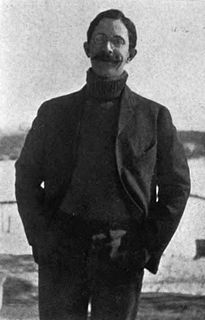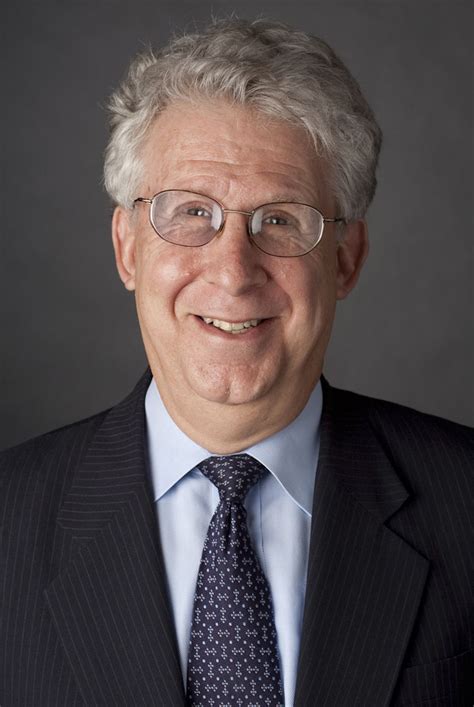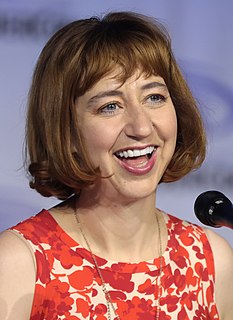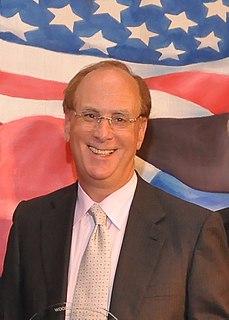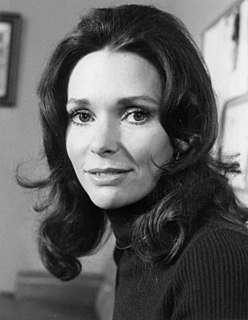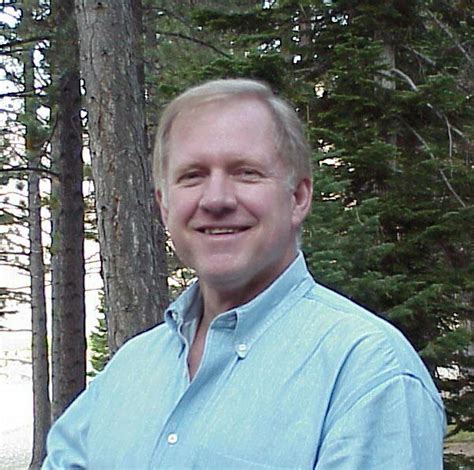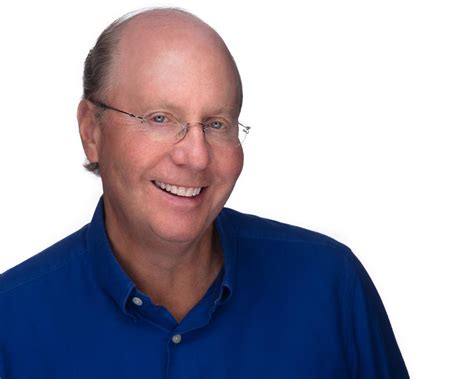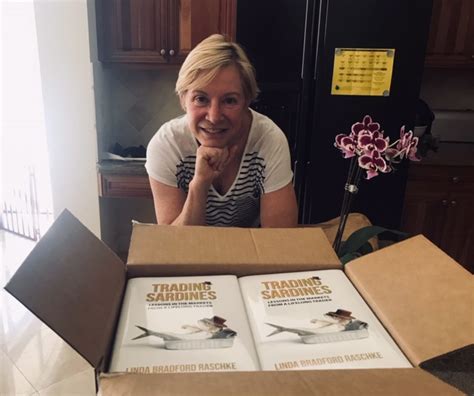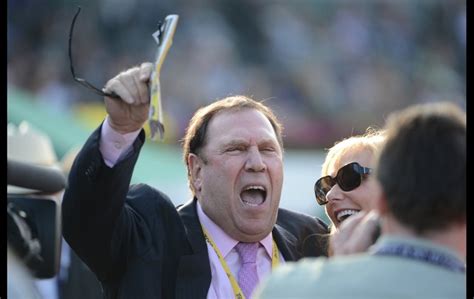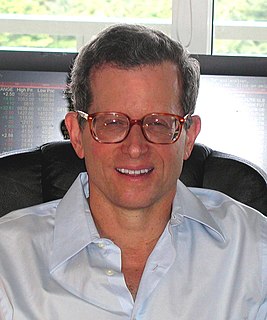A Quote by Jesse Lauriston Livermore
After spending many years in Wall Street and after making and losing millions of dollars I want to tell you this: It never was my thinking that made the big money for me. It always was my sitting. Got that? My sitting tight!
Related Quotes
It never was my thinking that made the big money for me. It always was my sitting. Got that? My sitting tight! It is no trick at all to be right on the market. You always find lots of early bulls in bull markets and early bears in bear markets. I've known many men who were right at exactly the right time, and began buying or selling stocks when prices were at the very level which should show the greatest profit. And their experience invariably matched mine--that is, they made no real money out of it. Men who can both be right and sit tight are uncommon.
When I was three and a half years old, I heard my big sister tell my mum that at school that day all the kids sat on the floor and watched 'The Neverending Story.' Having never heard of the movie, I concluded that this was what school must be: sitting cross legged on the floor listening to a never-ending story. Page after page.

